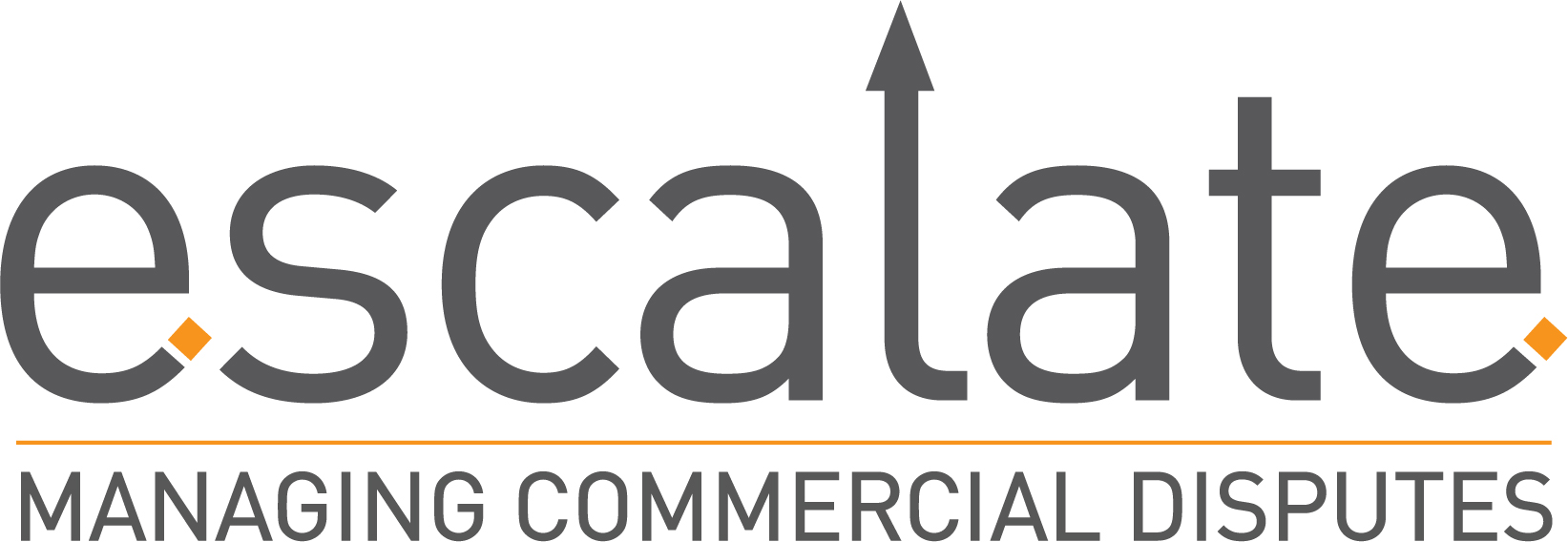Case Study: Unpaid Invoices, IP infringement and a non-responsive client
The problem
A creative agency carried out work for their client (a data and storage solutions provider) for approximately 3 years. Their work comprised of a social media plan, with ongoing account management, planning and strategic development. The agency worked on a number of specific projects, for both the ‘core’ and ‘consumer’ brand - each with their own separate, respective client contacts.
During this time, a key contact on one of the projects suddenly left the company. Another account manager became unresponsive to the agency’s emails, who were attempting to schedule weekly conference calls, approve next steps and to sign off content that had been produced.
The agency’s access to key tools was abruptly revoked by their client, preventing them from publishing content and responding to consumers. A major project was also cancelled, but the agency were not paid for the WIP outstanding at the time of the cancellation.
The agency began an account reconciliation exercise and discovered that during one quarter in 2016, a PO had not been provided by their client, and in turn, an invoice had never been raised by the agency. The client had always been slow at raising quarterly retainer POs, but the most recent invoices started to go unpaid.
At this stage, solicitors were instructed to seek to recover payment from the client. During this time, the agency noticed that the client had gone live with a campaign that they had originally proposed, using the agency's proprietary code. It seemed highly likely to the agency that this misuse was due to the wrongful actions of the client’s previous employee.
Further letters from the agency’s lawyer were sent to the client, outlining the details of the apparent copyright infringement and requesting an explanation. Multiple times, the client acknowledged the letter but never responded.
How Escalate helped
Part of the claim included the proposed amount for the agency’s code which was used without permission in a live campaign. There was also a proposed amount for the cancelled project that the agency had successfully tendered for and started working on earlier on in their working relationship - the project was later released by the client themselves.
On top of this, an expected profit margin of 30% generated from ‘mini-campaign’ work that the client had come to expect, but were never actually covered under the agreed Statement of Works, was also included in the claim.
The total of all amounts claimed was £183,729, of which circa £90k was considered robust, and the balance speculative and difficult to prove.
The Outcome
The Escalate team were instructed and following an initial unproductive exchange, a draft claim was served. This resulted in an offer of payment of £120,000 which was accepted by the agency.
Amount Total
£120,000

Armstrong Watson has been given the rights to use this case study by Escalate, an award-winning, accountancy-led commercial dispute resolution service.


